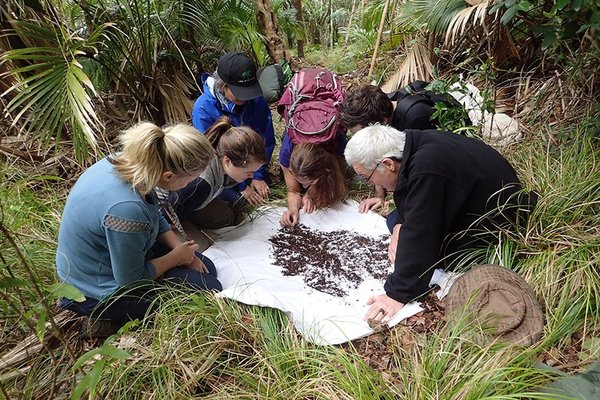Kids and credibility in the online world
What do children think about the credibility of information they find online? A new report from MIT Press gives answers.
A new report from MIT Press, Kids and Credibility: An Empirical Examination of Youth, Digital Media Use, and Information Credibility, confirms that children heavily rely on the internet for information.
Based on a survey of 2,747 children, ages 11 to 18 and their parents, they found that: "[children] are concerned about the credibility of online information, but 89 percent believe that "some" to "a lot" of it is believable; and, choosing among several options, they rate the Internet as the most believable information source for entertainment, commercial products, and schoolwork (more credible than books for papers or projects). Most have faith in information found on Wikipedia, but they also consider an article on the Web site of Encyclopaedia Britannica to be more believable than the identical article posted on Wikipedia.Other findings show that children are appropriately skeptical of trusting strangers they meet online, but not skeptical enough about entertainment and health information found online. Older kids are more rigorous in their assessment of online information than younger ones; younger children are less analytical and more likely to be fooled."
The report also mentions that "nearly two thrids of children report that their life would be either a little or much worse overall if they could not go online again" - we also found this in work we did with schools students, reported here.
Museums have long been concerned with questions of authority and trust, and pride themselves as being credible sources of information. Research we have undertaken certainly shows that audiences also see museums in this way. I wonder if they had asked kids about museums in this survey what they might have said?!













